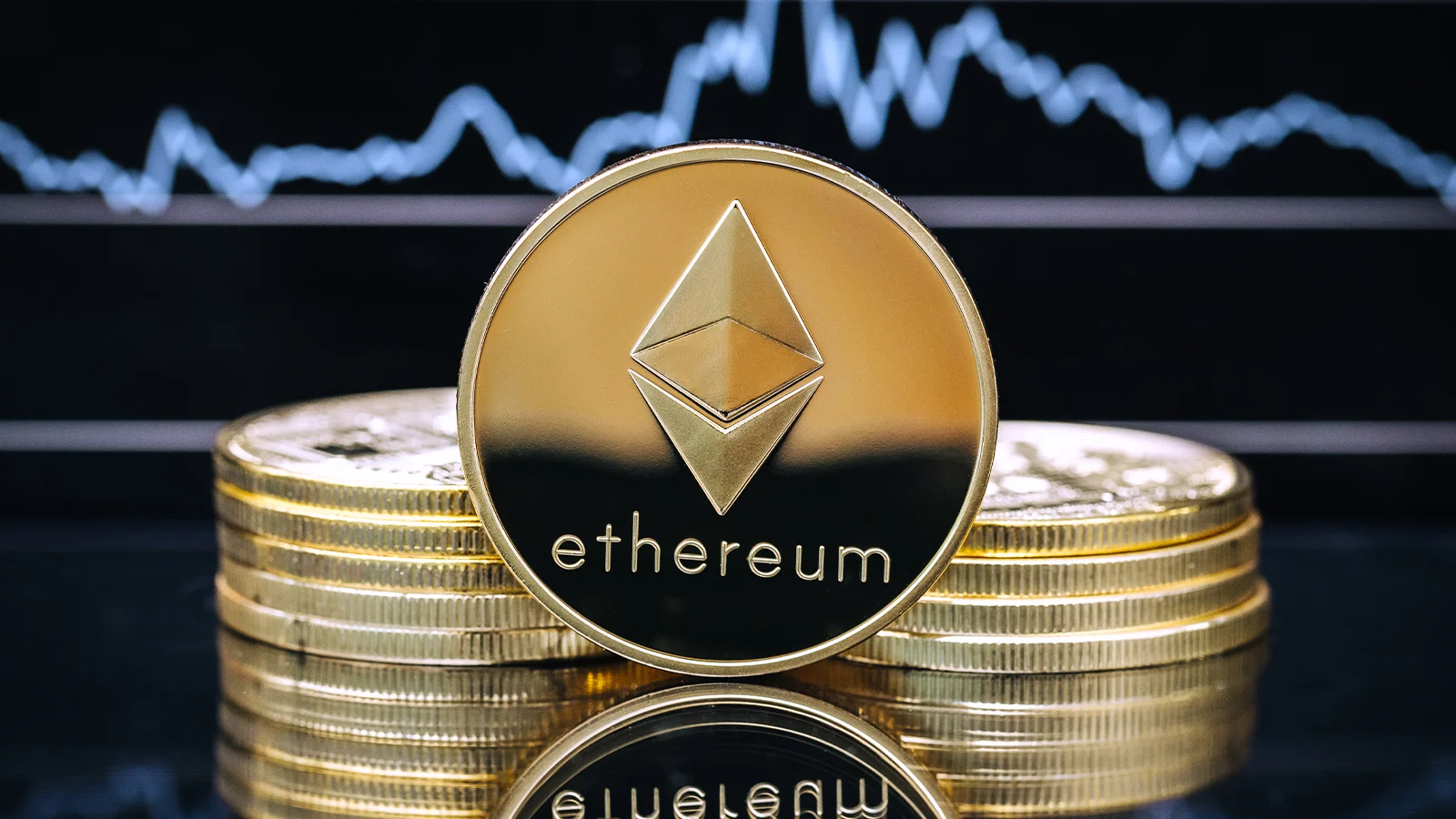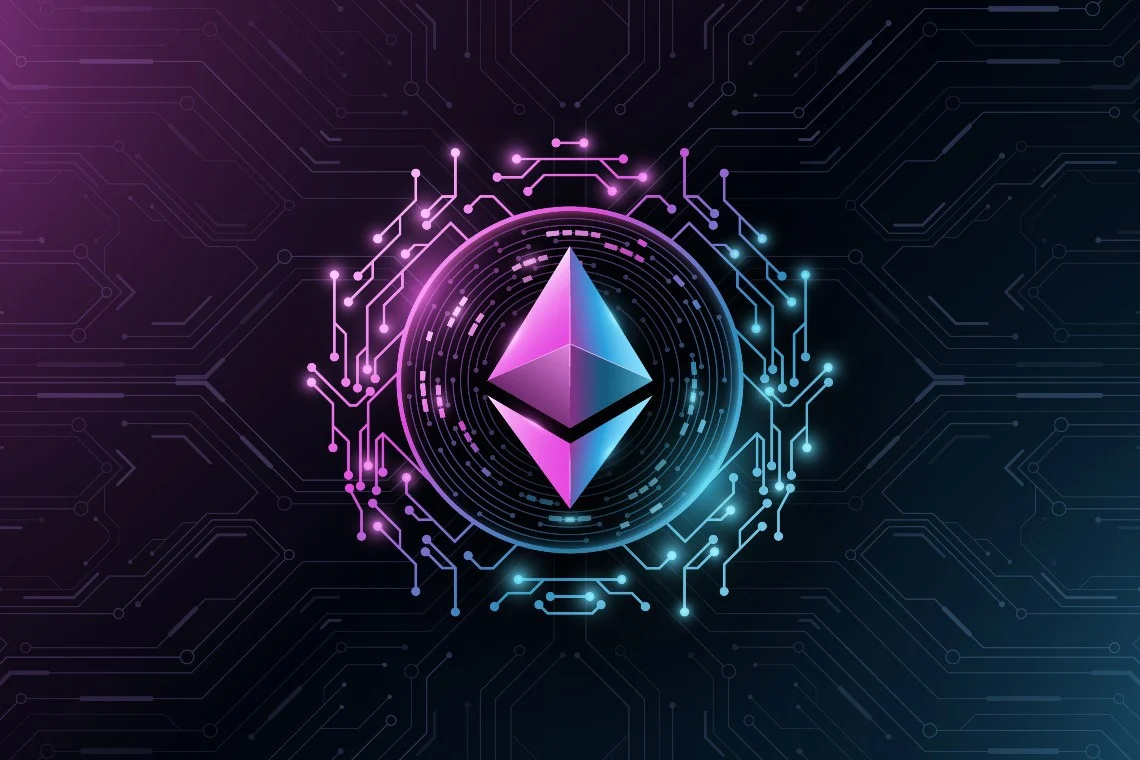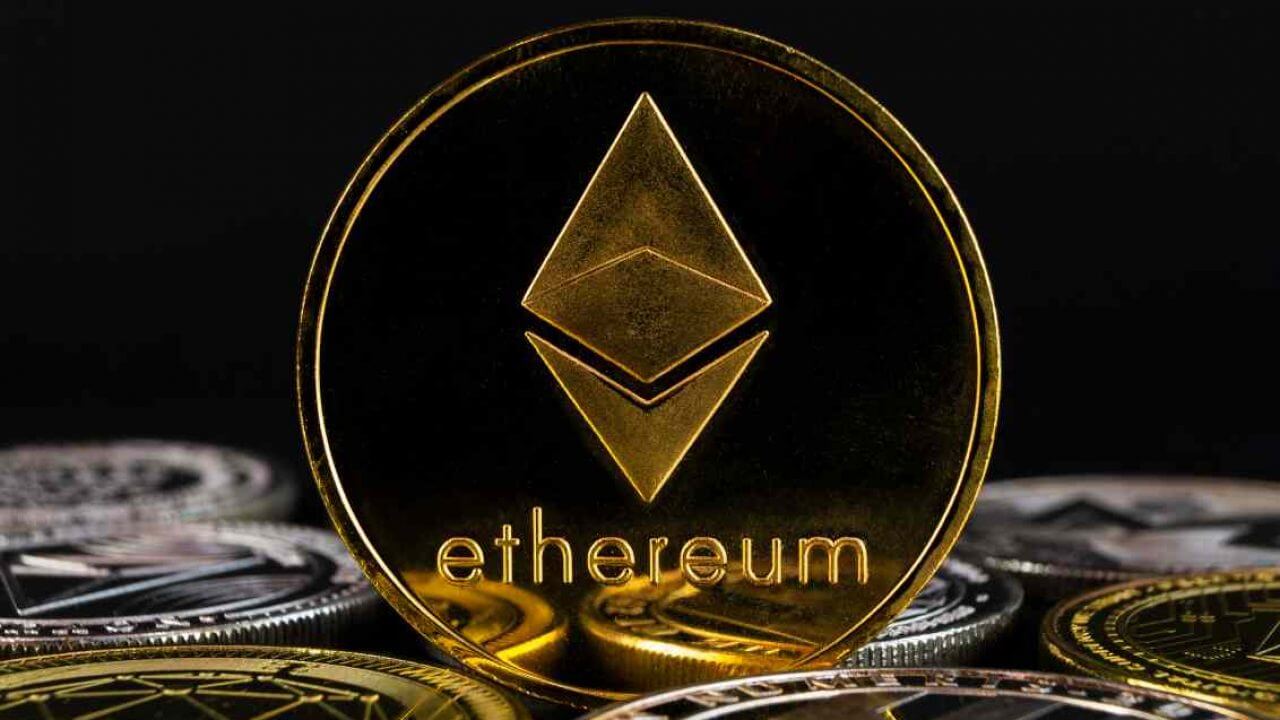|
Getting your Trinity Audio player ready...
|
The cost of transacting on the Ethereum blockchain has plummeted to its lowest point in five years, a dramatic shift attributed to the burgeoning popularity of layer-2 networks. Data from Dune Analytics reveals that the median gas fee dropped to a mere 1.9 gwei on August 10, marking a nearly 98% decline from its peak this year.
The precipitous drop in gas fees is a testament to the growing efficiency of the Ethereum ecosystem. The Dencun upgrade implemented in March, which introduced data blobs, has significantly reduced transaction costs for layer-2 blockchains. These networks, such as Arbitrum and Optimism, have seen a surge in activity, handling a substantial portion of Ethereum’s transaction volume while offloading the computational burden from the main chain.
However, the decline in gas fees has raised concerns among some experts. Gnosis co-founder Martin Köppelmann has expressed worries about the impact on staking rewards, which are crucial for securing the Ethereum network. He suggests that increasing the gas limit might be a necessary step to ensure sufficient revenue for validators.
Also Read: Spot Ethereum ETF Approval Sparks Speculation on Solana ETF Launch: What Investors Need to Know
Despite these concerns, the overall trend is positive for Ethereum. Lower gas fees make the network more accessible to a wider range of users and applications, potentially stimulating growth in the decentralized finance (DeFi) and non-fungible token (NFT) sectors.
As layer-2 solutions continue to mature and gain traction, the Ethereum ecosystem is poised for further expansion. The balance between maintaining network security and providing a user-friendly experience will be a key challenge for developers and the community as they navigate this new era of scalability.
Disclaimer: The information in this article is for general purposes only and does not constitute financial advice. The author’s views are personal and may not reflect the views of Chain Affairs. Before making any investment decisions, you should always conduct your own research. Chain Affairs is not responsible for any financial losses.




